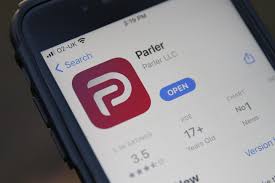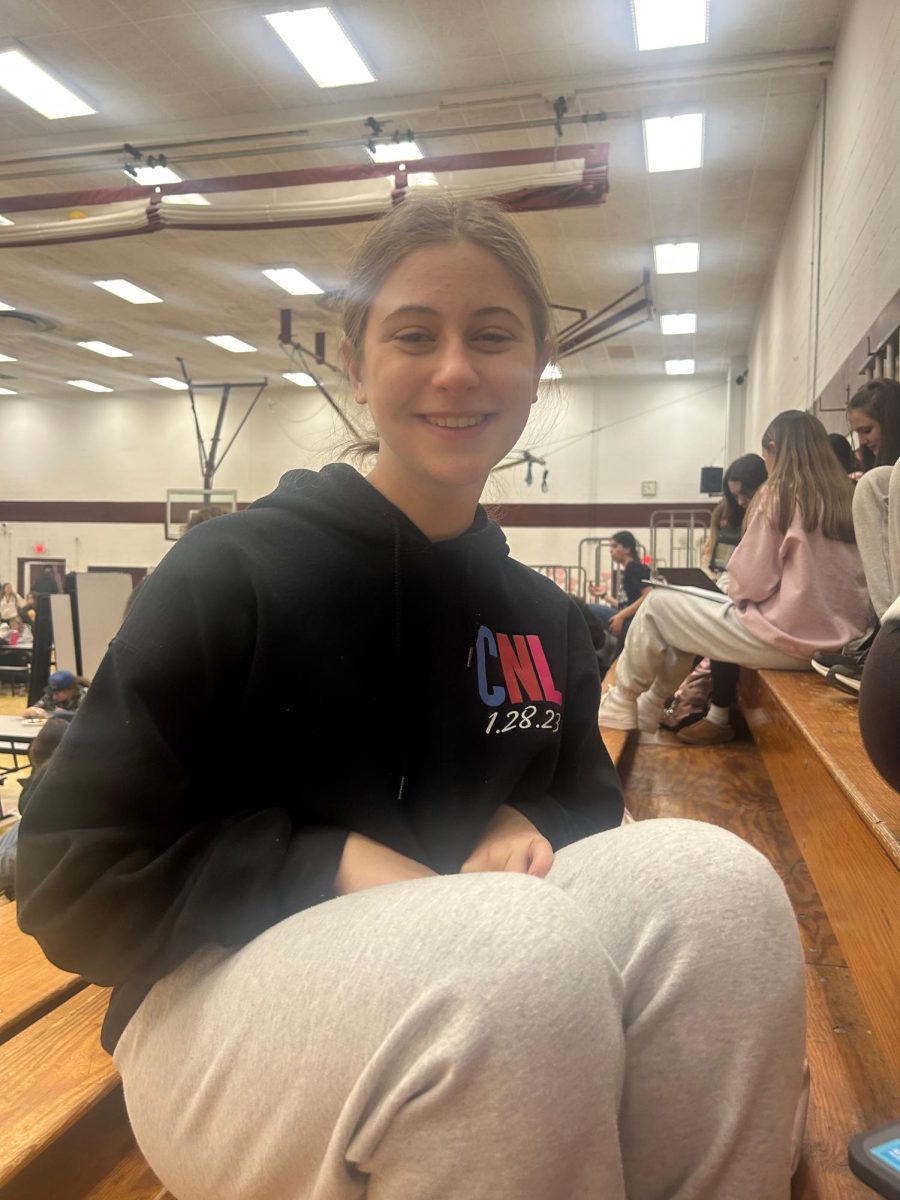Conservative Social Media “Parler” Back Online

March 8, 2021
Parler is a social media platform comparable to the likes of Twitter and Instagram that was founded in 2018 by Rebekah Mercer, John Matze and Jared Thomson. Over the years it has become notorious for its swarms of far-right and conservative users, particularly favored by Republicans and the supporters of Donald Trump. But what is Parler exactly?
“The ever increasing tyranny and hubris of our tech overlords demands that someone lead the fight against data mining, and for the protection of free speech online. That someone is Parler, a beacon to all who value their liberty, free speech, and personal privacy” said Rebekah Mercer, when asked about the app.
As platforms such as Facebook, Twitter, and Instagram have increased measures to stop misinformation from spreading, users started to feel as though they were being silenced. When conservative politicians and celebrities started advocating for the use of Parler (which is significantly more lenient in its policies of fact-checking), the app quickly became a hub for these far-right users. They started sharing ideas and theories that had been previously off-limits, such as QAnon conspiracy theories, Holocaust denials, and white supremacy. Among these users were the very people that stormed the Capitol on January 6, 2021. This riot, among with similar smaller-scaled hate crimes, made Parler a very dangerous social media platform.
Donald Trump himself has alluded to creating his very own right-wing media brand, and many had suspected him of teaming up with Parler to create a massive new social media app that would once and for all, divide both sides of the political parties.
As of February 16, Parler has returned back online after a month-long absence. It was previously taken offline due to Google, Amazon, and Apple removing the app from stores. Parler has moved to Epik, a service provider that has been affiliated with other far-right apps that had been de-platformed.
Parler is still fighting a lawsuit against Amazon, (even through a brief look, it seems the app isn’t faring too well) and having no support from “Big Tech” will hurt its chances immensely.
“The banning of Parler is justifiable because of the harm it does. Free speech does not mean freedom from consequences. Considering the delicacy of the government, Parler’s spreading of misinformation is very dangerous. It should not be accessible to the public,” says Wajiha Rizvi, who is a Wayne Hills sophomore.
Rizvi’s belief is shared by many, but there is also the question of how strict the restrictions on social media should be. It is a common debate amongst internet users, especially people who are realizing that the line for what constitutes “free speech” can be blurry when the consequences can be so hard to pinpoint.





